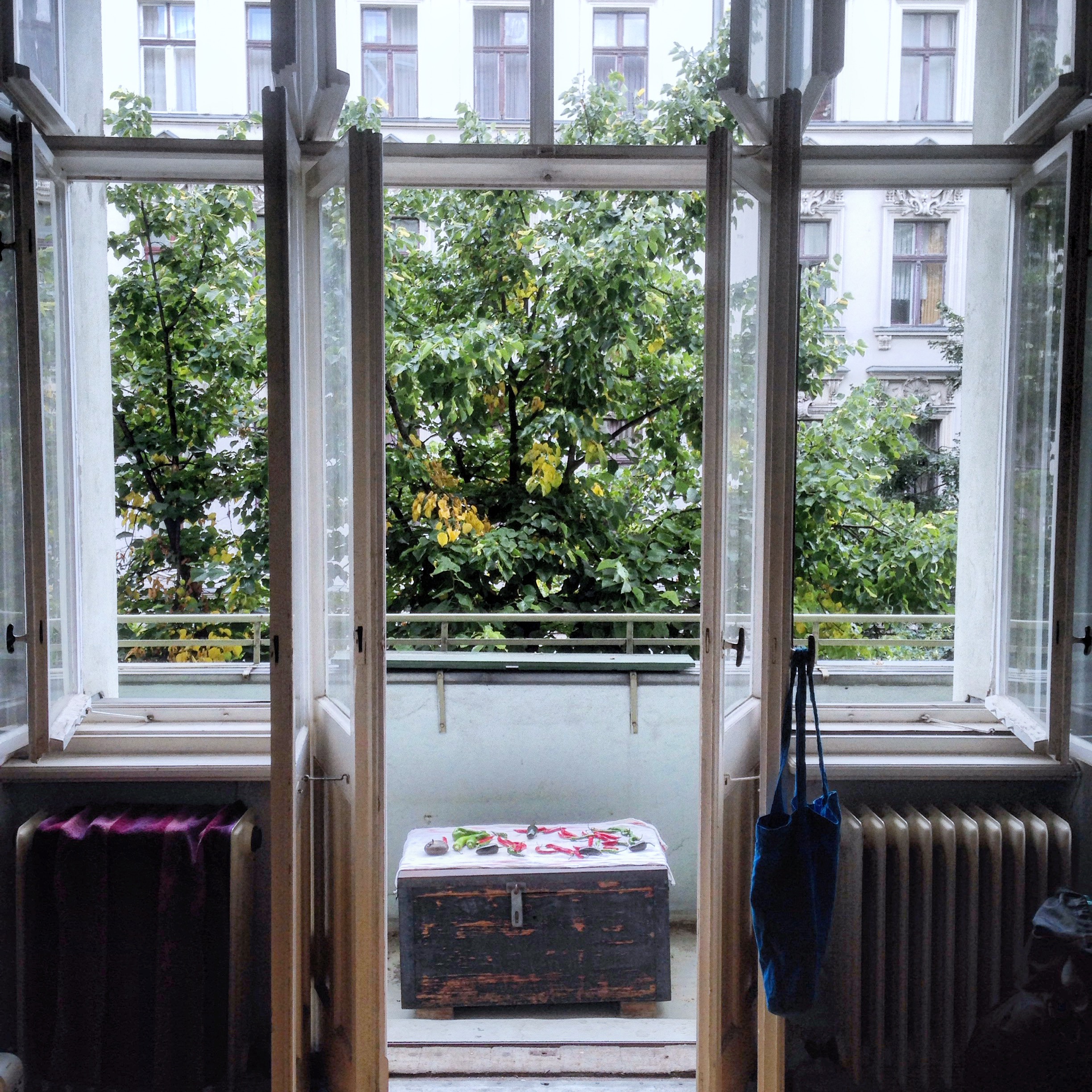Romanticism: Trying to queer it, yet still getting stuck
‘How can the light that burned so brightly, suddenly burn so pale’ (Art Garfunkel / Bright Eyes)
As I attempt to debrief myself after a recent break-up, I can’t help
but think that this whole situation might feel a lot easier if I had not
been so indoctrinated for most of my young and early adult life into
romanticism. I’m thinking particularly about those aspects of
romanticism where there has been an intensity to the encounter; that
this intensity, then, takes on greater meaning than the actual physical
behaviour or boundary the other sets: i.e. they exit. Even as a queer
cisman, who has done a lot of unpacking around patriarchy, sexual and
gender narratives, relationship deconstruction, setting boundaries in
relationships whatever they look like (and respecting others’ boundaries
also), I still wonder why this assumption crosses my mind: If you
suddenly exit our intense ‘us’, surely you will come back.
A few side notes:
Relationship types
Over time, a lot self-reflection and a...
